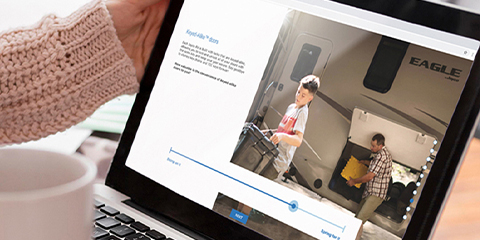It was the spring of 2016, and one of our worst RVing fears became a reality—less than a year after our first Jayco purchase.
If you didn't know, April weather in Texas can be a mix of calm and chaos. We had just finished a fun afternoon in the backyard relaxing under perfect skies while watching our boys play on our homemade playset waterslide. Thoughts of our next RV trip consumed us as we had transitioned to the hobby just the summer before and loved our early adventures.
Then night arrived, and with it, a horrendous storm that forced us to hide in our storm shelter.
When the winds calmed, we emerged to assess the damage. Not only was our house a mess from all of the grapefruit-sized hail that pummeled our windows and went through our roof, but our eight-month-old Jayco had hundreds of dimples all over it from hail damage.
This is why we are writing this article. We want you to be informed when buying an RV so you don't make the same mistake as us… we had not purchased the correct coverage for our Jayco. Here, we’ll help you learn what you need to know about RV insurance so you’re covered from the beginning of the journey and throughout all your travels thereafter.
RV INSURANCE 101: WHAT YOU NEED TO KNOW
WHAT IS RV INSURANCE?
Essentially, it's a type of vehicle insurance that covers your RV and its contents. It can protect you from financial losses in case of accidents, theft, vandalism, fire, or other damages to your RV. Plus, it can also cover your liability in case you cause injuries or property damage to others while using your RV.
It is not quite the same as car insurance since RVs are different from cars in many ways, such as their size, weight, value, features, and usage. RVs have different insurance needs and requirements than cars. For example, RVs may need more coverage for personal belongings, accessories, and equipment that are not typically found in cars and may also need special coverage if they are being used as a permanent residence.
Some of the most common types of RV insurance coverage are:
COMPREHENSIVE COVERAGE
Covers damage to your RV caused by events other than collision, such as fire, theft, vandalism, hail, windstorm, flood, or animal impact.
COLLISION COVERAGE
Covers damage to your RV caused by collision with another vehicle or object.
LIABILITY COVERAGE
Covers your legal responsibility for bodily injury or property damage that you cause to others while using your RV.
MEDICAL PAYMENTS COVERAGE
Covers medical expenses for you and your passengers who are injured in an accident involving your RV.
UNINSURED/UNDERINSURED MOTORIST COVERAGE
Covers your expenses if you are involved in an accident with a driver who has no insurance or insufficient insurance to cover your losses.
PERSONAL INJURY PROTECTION (PIP) COVERAGE
Covers medical expenses, lost wages, and other costs for you and your passengers who are injured in an accident involving your RV, regardless of who is at fault.
PERSONAL EFFECTS COVERAGE
Covers the loss or damage of personal belongings inside your RV, such as clothing, furniture, appliances, electronics, and other items.
ROADSIDE ASSISTANCE COVERAGE
Covers the cost of towing or emergency services if your RV breaks down or needs repairs on the road.
VACATION LIABILITY COVERAGE
Covers your liability for accidents that occur while your RV is parked in a campground or other location where you are staying temporarily.
EXTENDED TRAVEL COVERAGE
Covers your liability and personal effects if you use your RV as a full-time residence or a permanent home.
Once you start shopping, you'll discover the cost of RV insurance can vary greatly depending on your RV's type, size, age, and value. Also, how often you plan to use your RV as well as your driving record, credit score, location, and deductible amount will play a part in the amount you'll spend regularly on your insurance. So, make sure to look for the best deals.
RV INSURANCE QUESTIONS
Shopping around is always incredibly important to us since we love saving money, and we also want you to be able to save while being well-protected. So, we've included a list of RV insurance you might want to ask an advisor when researching the best coverage to fit your needs. Keep in mind that some of these questions might not apply to you depending on whether your RV is towable versus motorized or you are just part-time RVing like us.
WHAT TYPES OF COVERAGE DOES THE RV INSURANCE POLICY OFFER?
You should look for a policy that offers comprehensive, collision, liability, medical payments, uninsured/underinsured motorist, personal effects, roadside assistance, and possibly vacation liability. This will help you stay as protected as possible while on the road.
WHAT IS THE COST OF THE INSURANCE PREMIUM?
Just like when shopping around for covering a car, find a policy that offers a reasonable price for the coverage level and duration that you need.
ARE THERE ANY DISCOUNTS AVAILABLE FOR SAFE DRIVING OR BUNDLING WITH OTHER POLICIES?
You should look for a policy that offers discounts for factors such as safe driving, anti-theft devices, multiple vehicles, and multiple policies. We have our house and vehicles bundled through the same company to help us save a decent chunk of money.
DOES THE POLICY COVER LIABILITY IN CASE OF ACCIDENTS ON THE ROAD OR WHILE PARKED?
Protect yourself from legal claims in case you cause injuries or property damage to others while using your RV. You should look for a policy that offers adequate liability coverage for both on-road and off-road situations.
ARE PERSONAL BELONGINGS INSIDE THE RV COVERED BY THE INSURANCE?
Your valuables inside your RV need protection too in case of theft, fire, or other damages. You should look for a policy that offers sufficient personal effects coverage for your items.
IS THERE COVERAGE FOR DAMAGE CAUSED BY NATURAL DISASTERS OR THEFT?
Damaging storms, floods, earthquakes, fires, or theft unfortunately might unexpectedly occur while RVing. You should look for a policy that offers comprehensive coverage for these risks.
ARE THERE ANY EXCLUSIONS OR LIMITATIONS IN THE POLICY?
You want to avoid any surprises or disappointments in case of a claim. Look for a policy that has clear and reasonable exclusions and limitations so you don't have any negative surprises down the line.
DOES THE POLICY PROVIDE ROADSIDE ASSISTANCE OR TOWING COVERAGE?
Things happen when RVing and your RV might break down or need repairs while on the road. You should look for a policy that offers roadside assistance or towing coverage.
CAN THE POLICY BE CUSTOMIZED TO FIT SPECIFIC RV NEEDS?
Get a policy that fits your RV type, size, age, value, and usage instead of a one-size-fits-all policy. You should look for one that allows you to adjust the coverage level, duration, and deductible amount.
IS THERE COVERAGE FOR DAMAGE CAUSED BY ANIMALS OR WILDLIFE?
It's rare, but you never know if an animal might scratch, dent, or try to make its way into your RV. Find a policy that offers comprehensive coverage for animal-related damages.
DOES THE POLICY OFFER VACATION LIABILITY COVERAGE FOR ACCIDENTS THAT OCCUR WHILE PARKED IN CAMPGROUNDS?
Protect yourself from liability claims in case of accidents that occur while your RV is parked in a campground or other location where you are staying temporarily. See if vacation liability coverage for these situations is an option.
ARE THERE OPTIONS FOR DIMINISHING DEDUCTIBLES FOR ACCIDENT-FREE YEARS?
Just like many automotive insurance plans, you should be able to lower your deductible amount if you have years without accidents. Find one where your deductible amount will decrease for each year that you don’t have a claim.
DOES THE INSURANCE POLICY INCLUDE COVERAGE FOR EMERGENCY ACCOMMODATION IF THE RV BECOMES UNINHABITABLE?
This is an important question if something truly unfortunate happens like an accident or damage to your RV while using it as a primary residence and it becomes uninhabitable. You should look for a policy that includes coverage for emergency accommodation if the RV can't be lived in for an extended period of time.
RV INSURANCE TIPS
These are our top tips based on our experiences and best practices to get the most out of your policy.
- Look at getting gap insurance. It is a good idea to have this if you are financing your RV and you know there is a gap between your insurance settlement and your loan balance.
- Shop around and compare multiple quotes from different providers before choosing a policy.
- Review your policy carefully and understand what is covered and what is not.
- Choose a deductible amount that you can afford to pay in case of a claim.
- Bundle your RV insurance with other policies such as a car or home insurance to get discounts.
- Maintain a good driving record and credit score to lower your premium.
- Install safety and security features on your RV like alarms, locks, and cameras to reduce the risk of theft or damage.
- Update your policy regularly to reflect any changes in your RV such as upgrades, modifications, and repairs.
- File claims promptly and accurately if you have an accident or damage involving your RV.
With the right policy and a little maintenance, you will be able to RV feeling confident in your purchase like we now do.

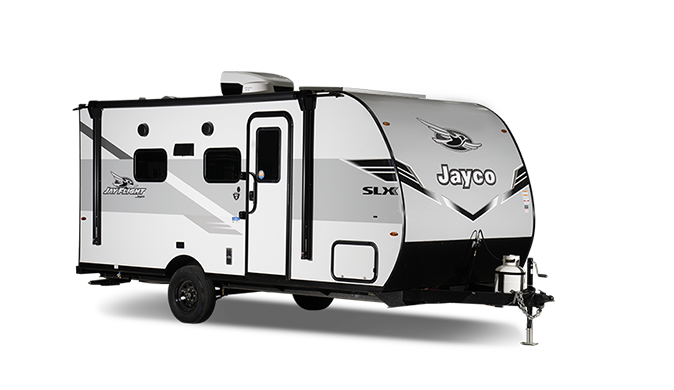
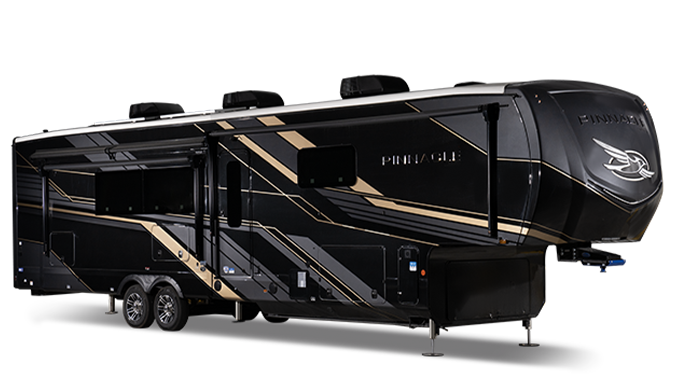
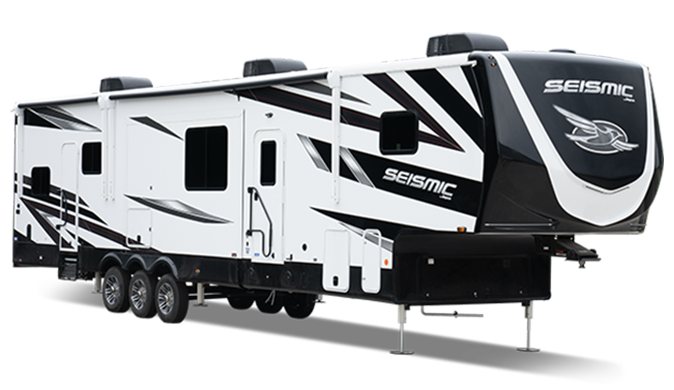
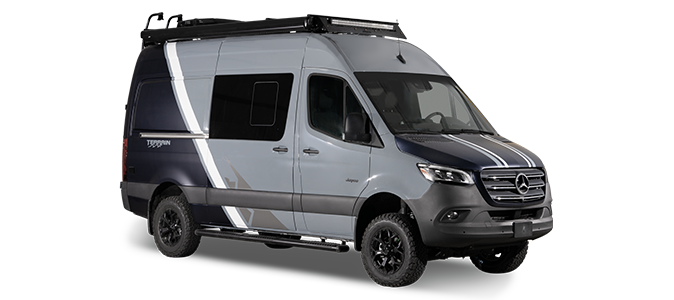
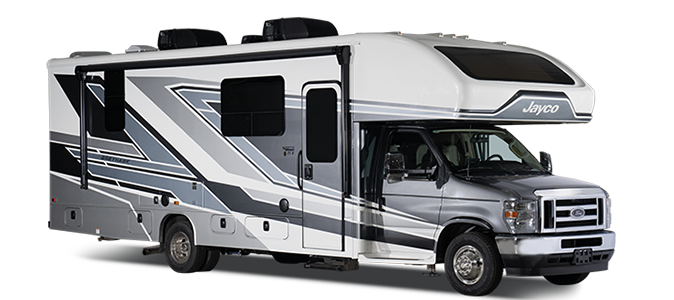
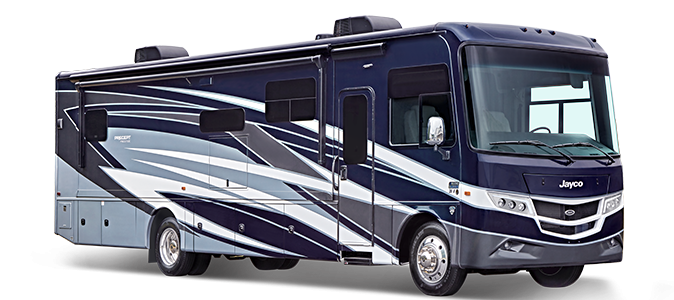
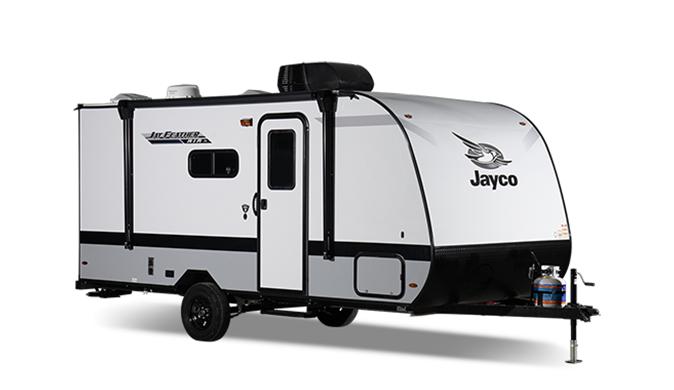
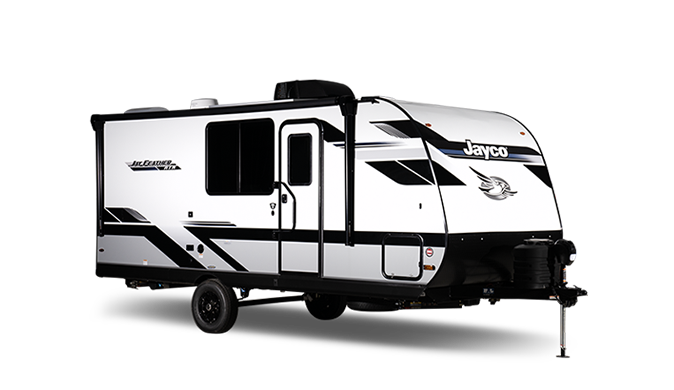

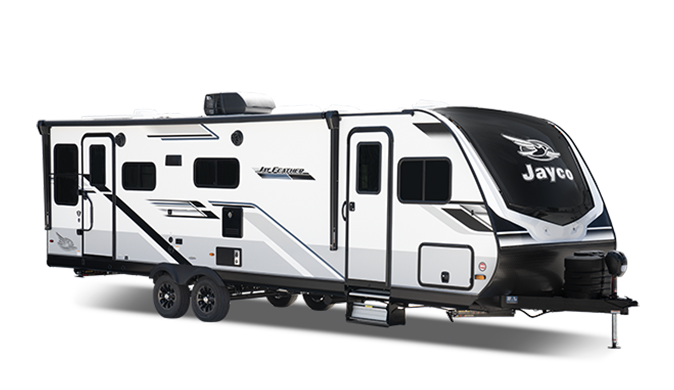
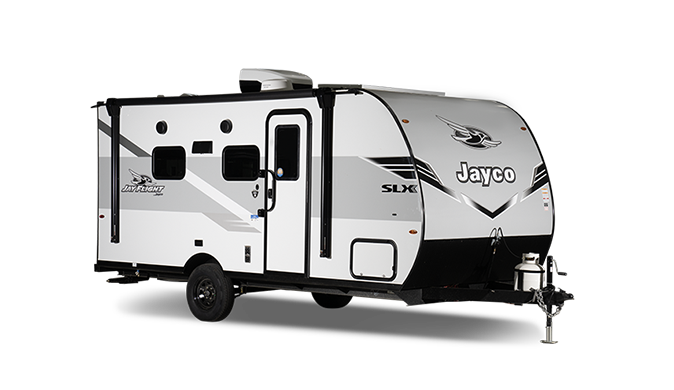
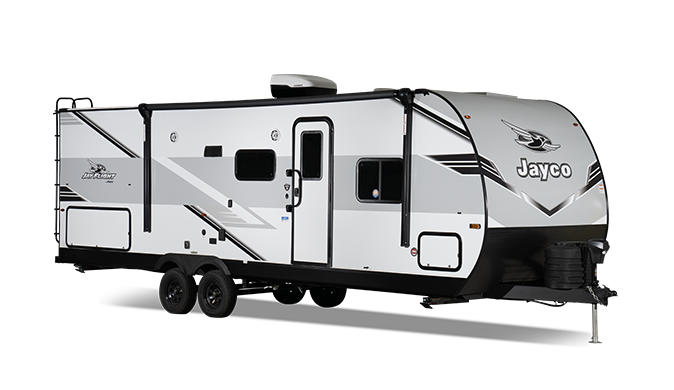
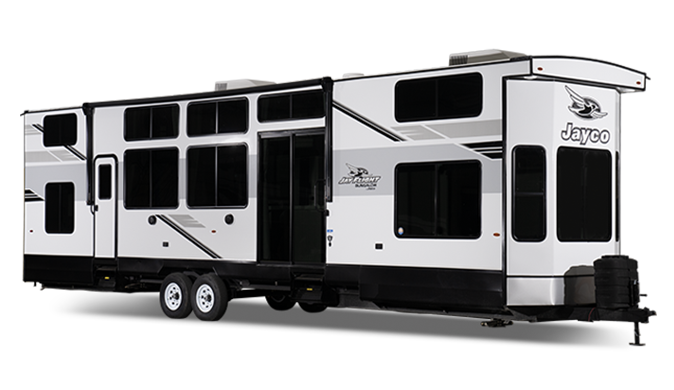
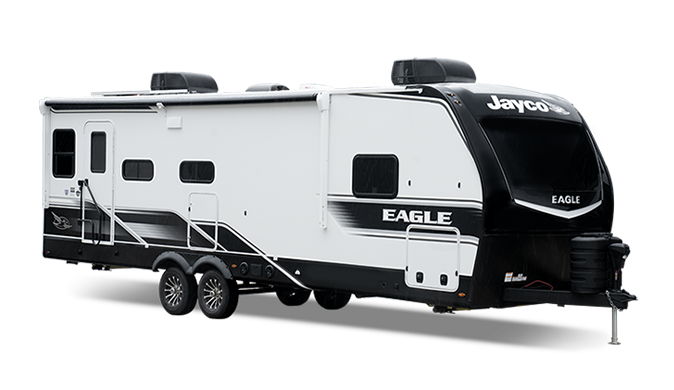
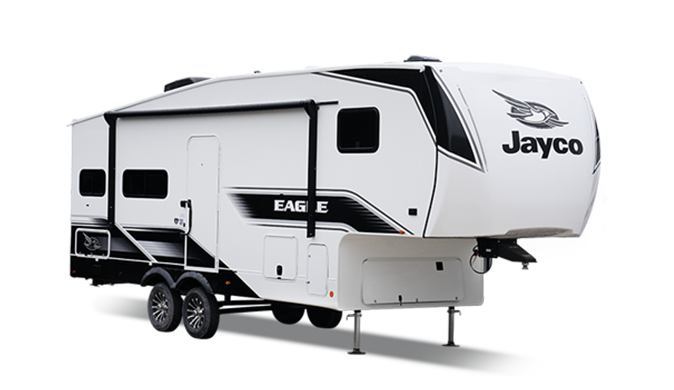
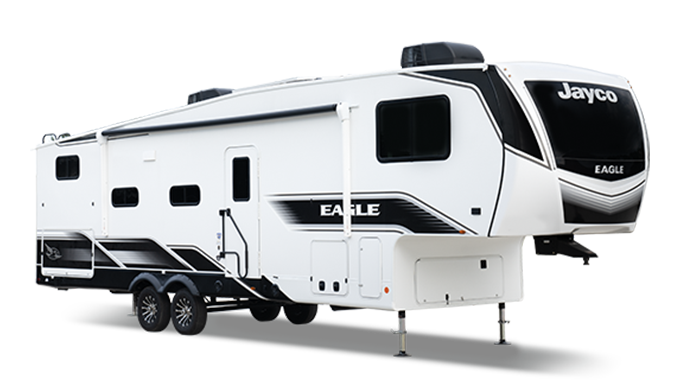
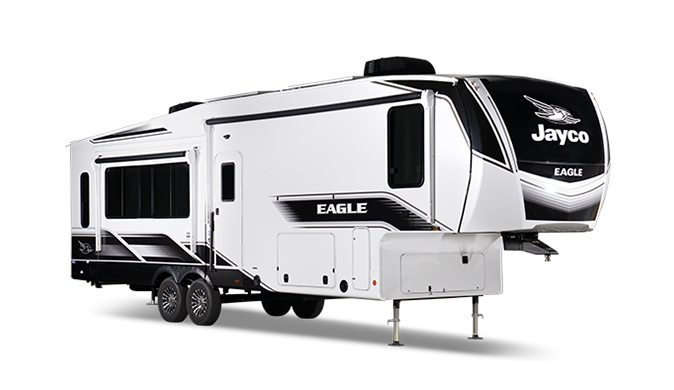
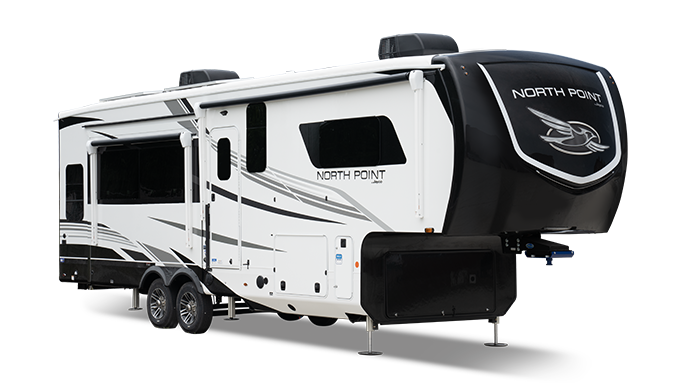
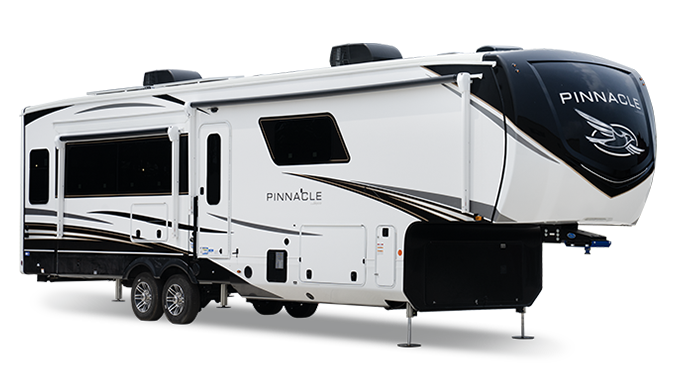
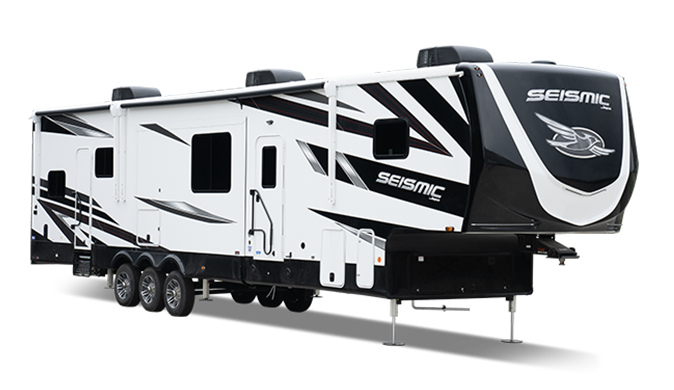
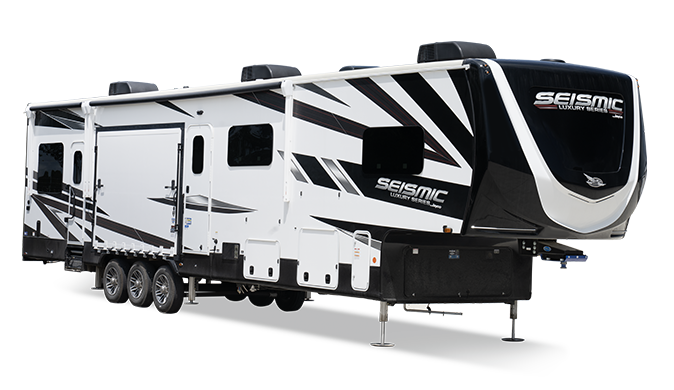
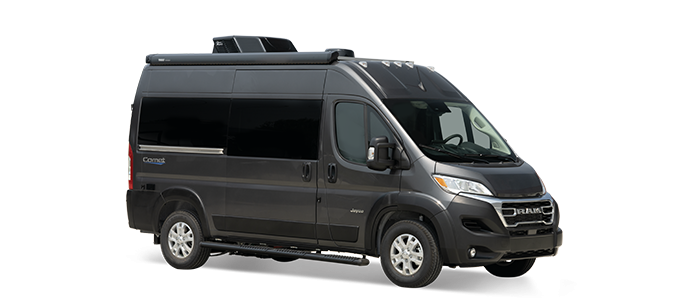
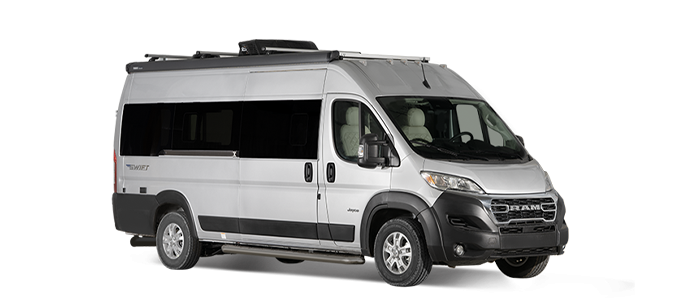
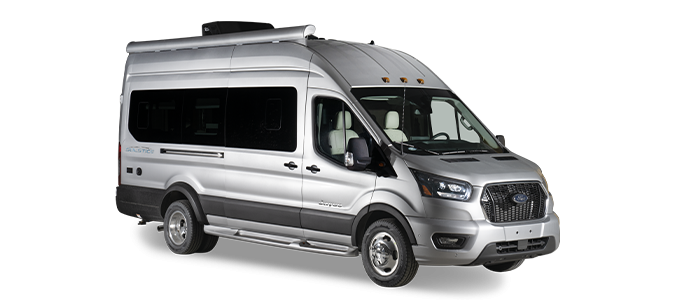
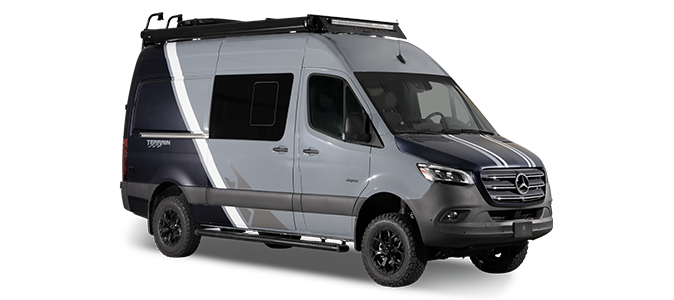
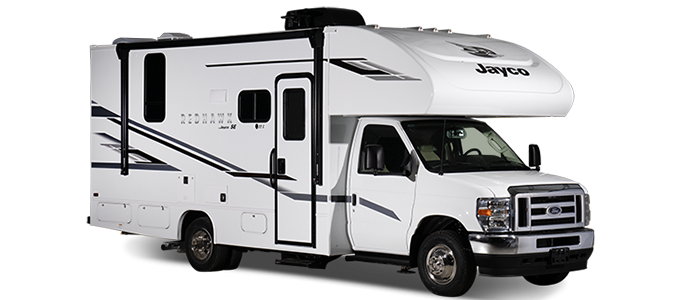
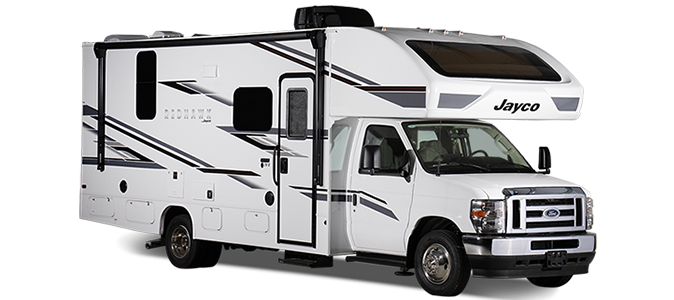
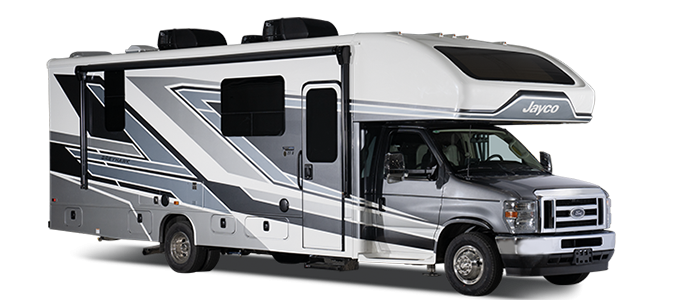
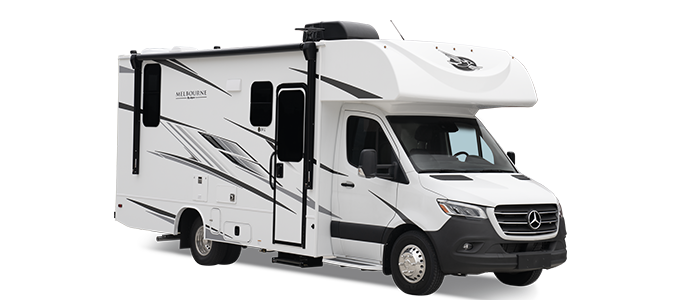
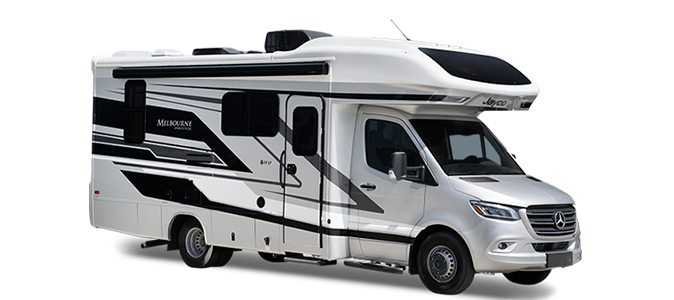
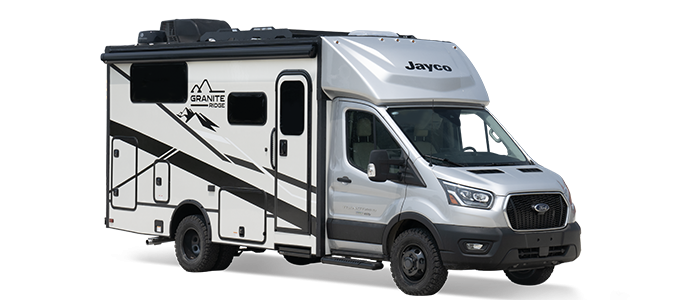
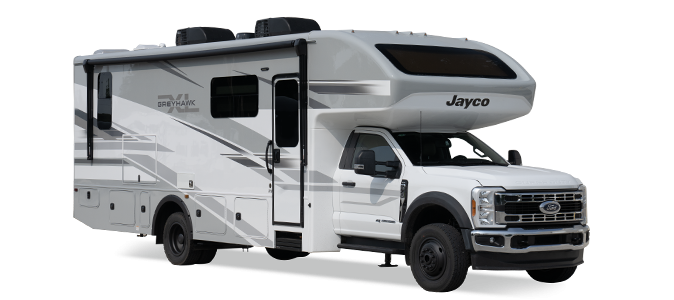
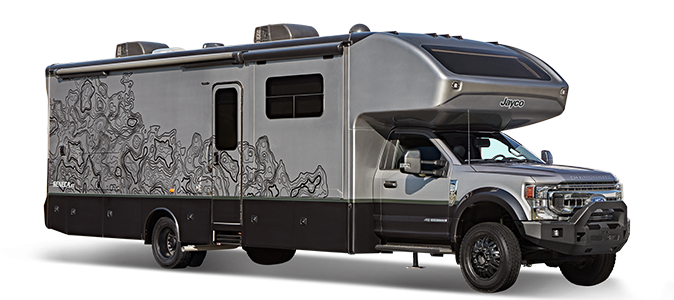
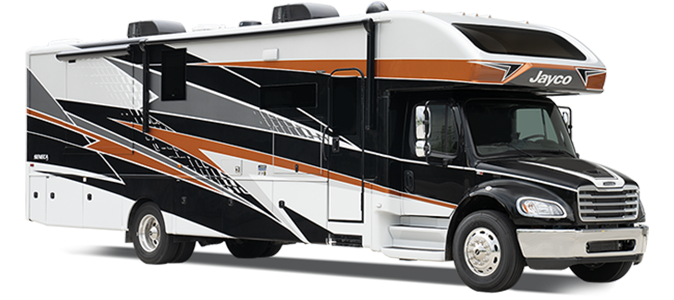
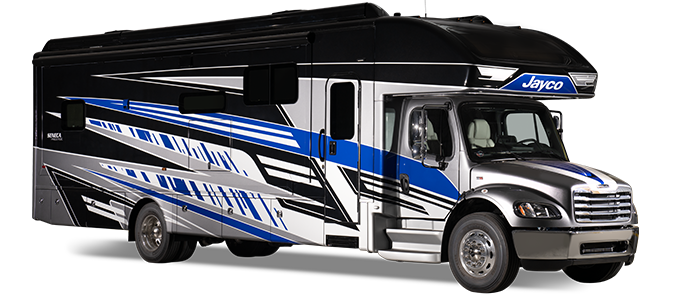
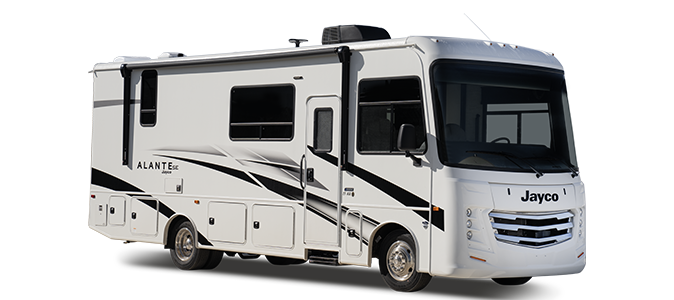
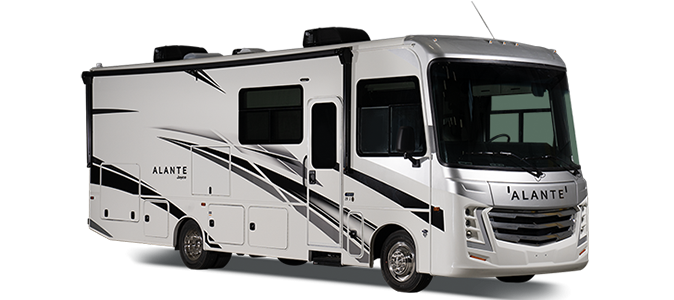
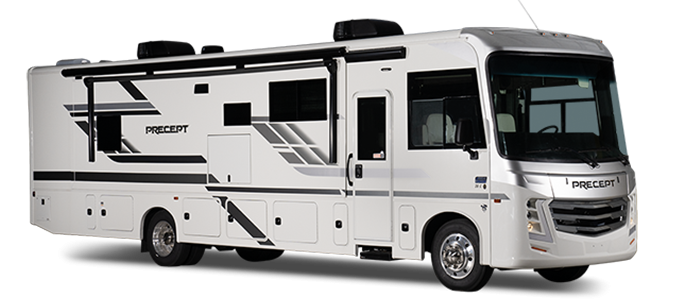
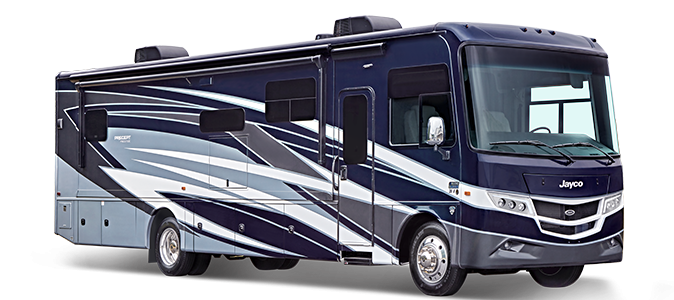
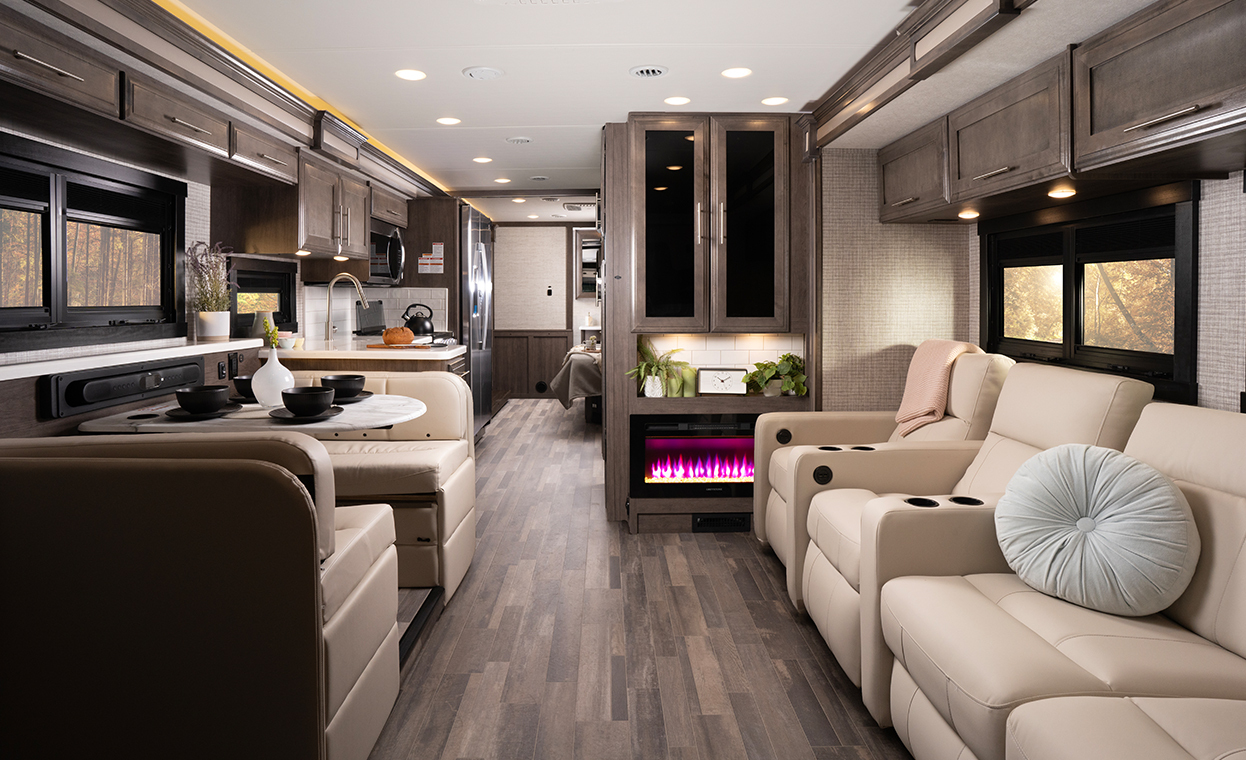
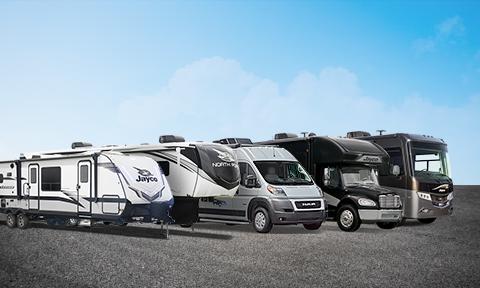
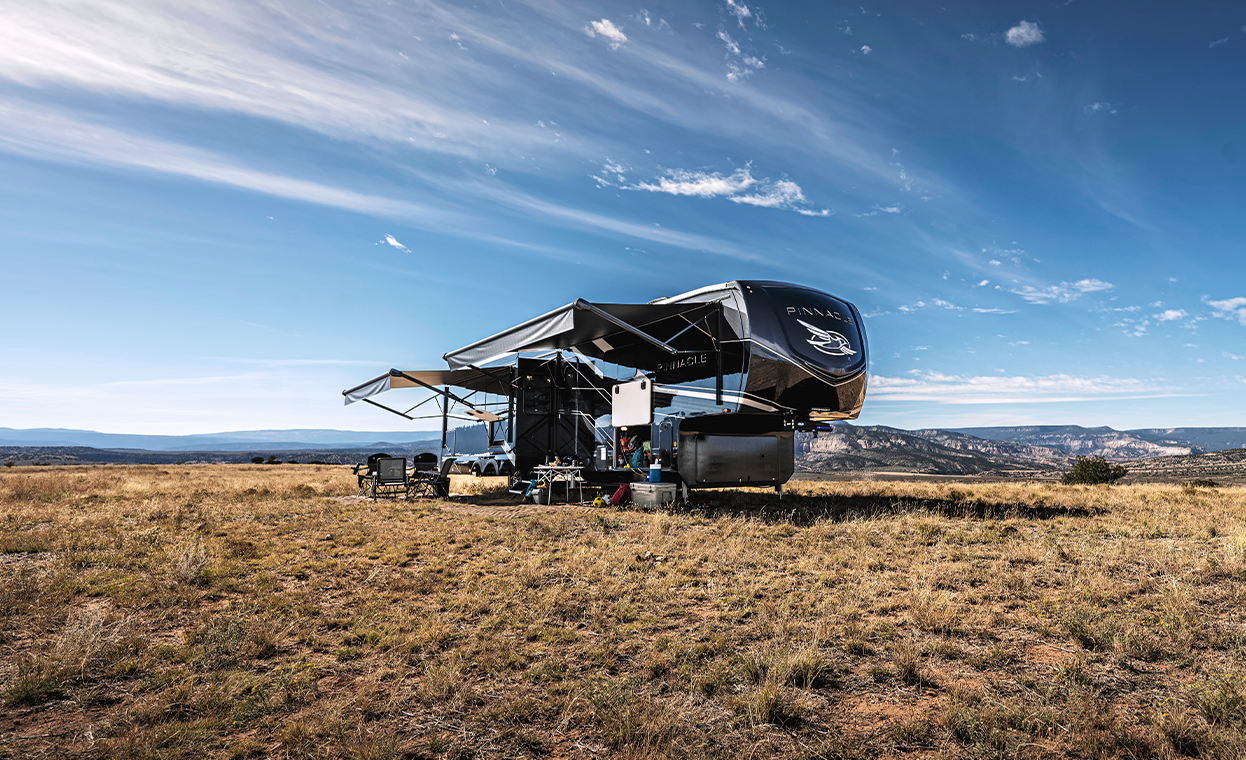
.png)
